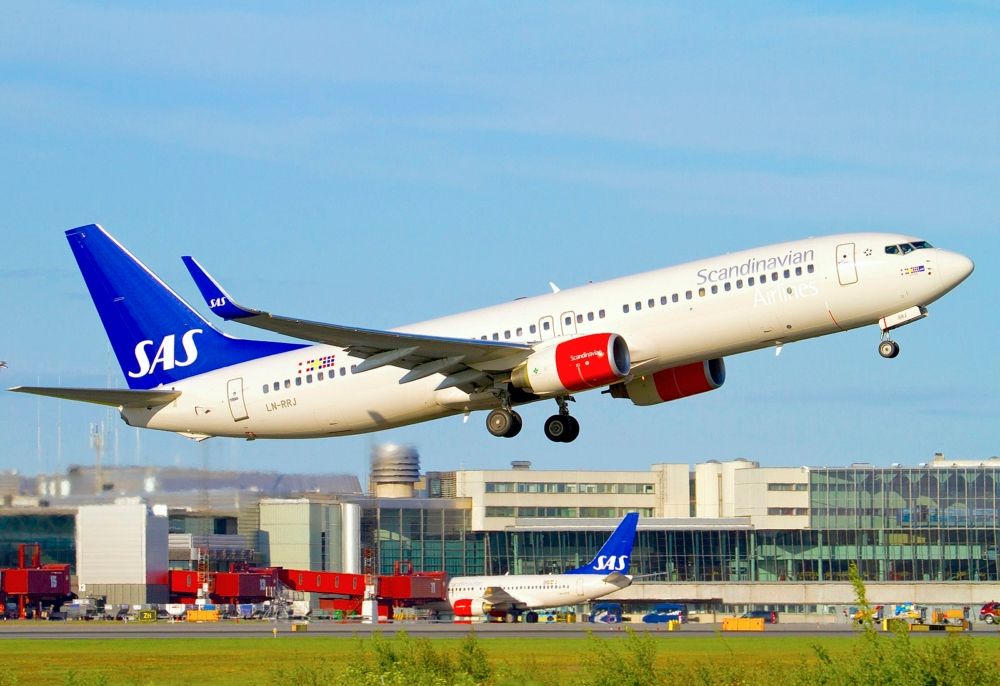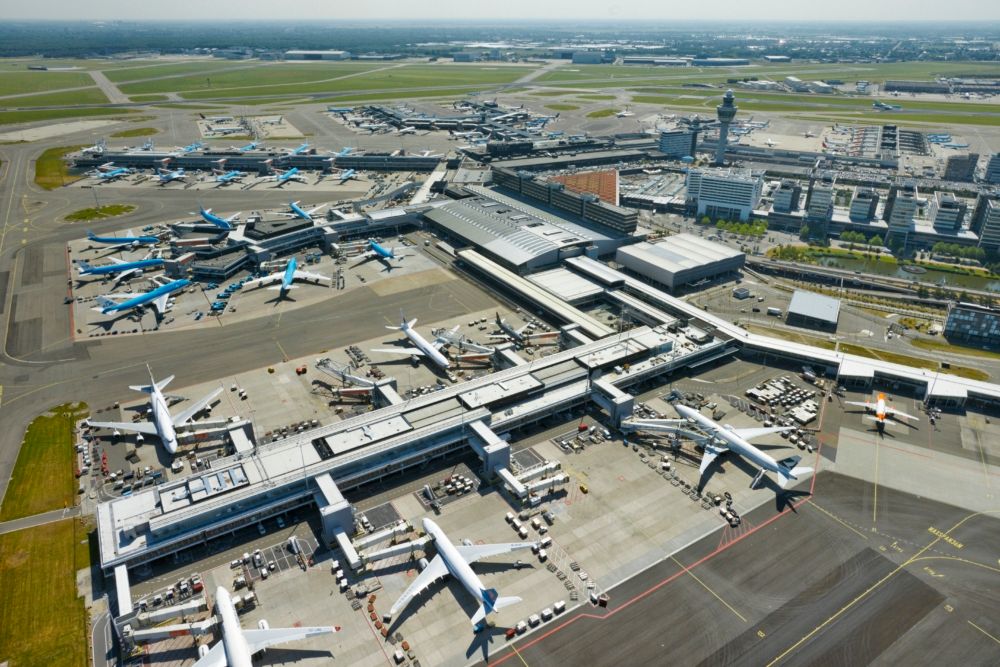With climate change and its impact on everyday existence undeniably hurtling closer, the question should actually be - can they afford not to? As extreme weather - and turbulence - is becoming more and more common, the political will to fight global warming means that aviation needs to prove that it has a place in a sustainable future.
Ushering aviation into a sustainable, post-fossil fuel era is a task that includes airports as much as airlines and planemakers. While the pioneers may end up paying more before innovation becomes more accessible, it is unquestionable that a transition away from reliance on fossil fuels needs to be made.
Front runner airports have clean grids
Some airport operators, such as Swedavia, which operates Stockholm Arlanda, have already reached its target of zero emissions of carbon dioxide from the airport’s own operations by 2020, showing that it is possible.
Lena Wennberg, head of Environment at Swedavia, says that the key to reaching such a goal was to first track and map the airports' carbon footprint. Then to identify so-called low-hanging fruit to tackle, and then keep moving up the ladder, collaborating with manufacturers such as ground support equipment suppliers.
Speaking at an Aviation Week webinar on Wednesday, Wennberg stated that the key for airports moving forward towards net-zero will be to have access to cheap and clean energy. While countries such as Sweden and Norway are fortunate enough to have renewable energy sources, many other states still rely on fossil fuel to feed the electricity grid.
To that effect, Juliana Scavuzzi, senior director for sustainability, environmental protection, and legal affairs at Airports Council International (ACI) says that the decarbonization of the grid will be the most important thing for airports to achieve visions of sustainable operations. Meanwhile, collaboration will also be key between front runner airports and those lagging behind.
Question of time perspective
Olav Mosvold Larsen, senior executive advisor for sustainability at Norwegian airport operator Avinor, agrees that collaboration and cooperation within the entire aviation eco-system will be the most important aspect to solve the industry's impact on the climate.
Larsen also added that if the aviation sector cannot prove that it can function sustainably, lawmakers will keep adding taxes. As such, it is in the financial interest of airports to work towards less emissions. This includes investing in technology that may still seem expensive for the time being, such as biofuels.
"We have to start somewhere. Obviously some, the first movers, might have to pay a little bit more than the people coming later. I also think it's a question of how you make your business cases? With what time perspective? And when do you need the return on the investment?"
EU green taxonomy push for the region
Airports in Europe willing to make the pivot also have much to gain from the EU taxonomy and its focus on sustainable growth. This will help shift investment to where it is most needed, and support companies and operators in becoming more climate-friendly. According to ACI, 235 airports in the region have committed to net-zero by 2050.
If it wasn't simply the right thing to do, transitioning away from fossil fuel dependent operations also makes business sense. In the words of Mosvold Larsen,
"If we have the new technologies, it's easier also to regulate or to stimulate or to incentivize from policymakers, etc. So we can actually drive for change and be a part of the solution. It is a little bit costly to get there both in terms of calories and working hours and also money, but we have no choice."
Do you know what sustainability initiatives your local airport operators have committed to? Leave a comment below and let us know.




